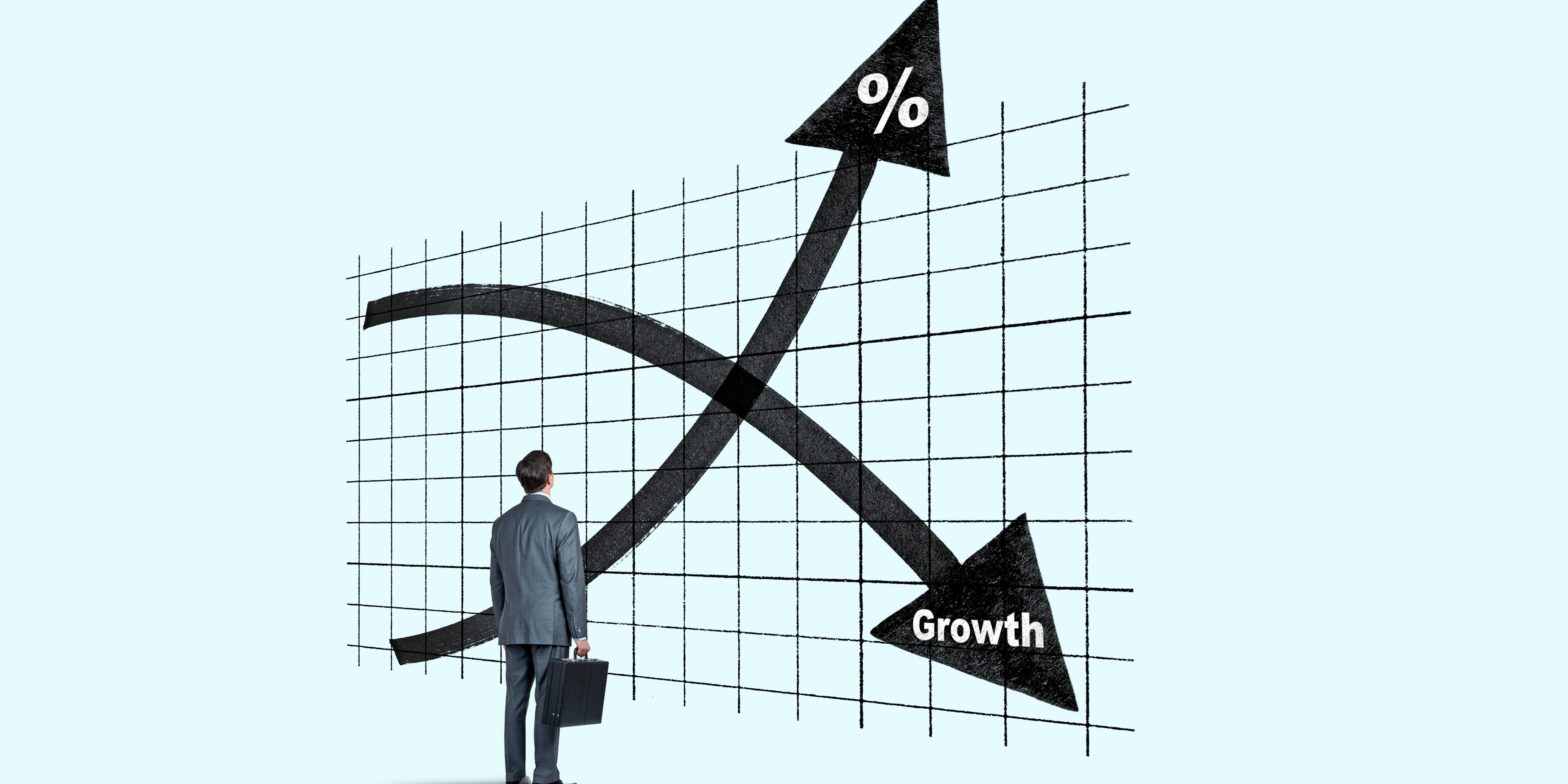The Fed is still going to stay aggressive with rate hikes this month even as energy costs come down, BofA said this week. BofA analysts expect a 75-basis-point hike, but said a 100-basis-point hike is still possible. “[U]nderlying price pressures remain robust and unacceptably high relative to the Fed’s mandate.” Loading Something is loading.
Even as energy prices trend down from recent highs, Bank of America still expects the Federal Reserve to make a 75-basis-point rate hike at the next FOMC meeting, but there’s a chance of an even more aggressive move.
“We think the main takeaway from the June inflation data is that underlying price pressures remain robust and unacceptably high relative to the Fed’s mandate,” BofA analysts wrote in a Friday note.
June’s Consumer Price Index report showed prices were up 9.1% year-over-year, above the expected 8.8%, which sparked an influx of traders to bet on a 100-basis-point rate hike at the July 26-27 meeting of the Federal Open Market Committee.
Meanwhile, US gas prices have now dropped for more than 30 consecutive days, with the average cost per gallon 44 cents cheaper than last month amid growing recession fears and weakening demand.
At the same time, US and international benchmark crude prices have fallen, even as President Joe Biden wraps up a visit to the Middle East that was aimed at boosting oil supplies.
However, policymakers including Fed Governor Christopher Waller, as well as regional Fed Presidents Mary Daly, Loretta Mester, James Bullard, and Raphael Bostic, voiced that a 75-basis-point hike would be reasonable and still aggressive enough.
“We don’t want to make snap policy decisions based on some knee-jerk reaction to what happened in the CPI report,” Waller said in a Thursday press conference.
BofA’s analysts said a full percentage point hike remains within the realm of possibility, though they expect the Fed to go with the 75-basis-point move.
Then, the bank’s analysts said a 50-basis-point hike in September will come next, followed by 25-basis-point hikes afterwards which will bring the target range for Federal Funds to 3.25%-3.5%.
While some commentators have sounded the recession warning already, pointing out that a contraction in the second quarter would qualify the US for a technical recession, BofA maintains otherwise.
“Instead, we see a combination of lagged effects from tighter financial conditions, a persistent inflation tax on household spending, and the willingness of the Fed to acknowledge some pain in labor markets may be necessary to restore price stability as tipping the balance of risks toward recession later this year,” BofA said.
Looking ahead, BofA forecasts 1.1% GDP growth for 2022, which includes a fourth-quarter contraction of 1.4%, then a negative growth of 0.2% in 2023 as a result of tighter monetary policy and a cooling economy.
“We expect growth to recover to 1.9% in 2024 amid our outlook of the Fed becoming accommodative and cutting rates in 2H of 2023,” BofA analysts said.
